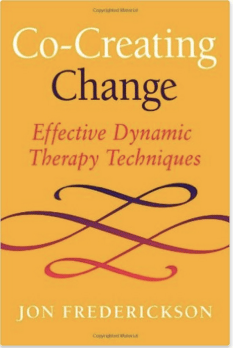A few months ago Gloria Quintanilla from Peecho.com contacted me, and asked for an interview.
Peecho is an interesting solution to the problem of communicating and selling globally online, but producing printed products that have to find their way to the buyer in the real world. They call it a “global cloud print network” and I’m looking forward to learning more about it.
I was happy to do the interview, and some of the subjects will be of interest to anyone pursuing self-publishing, so I’m pleased to be able to reprint it for you here. Enjoy.
Introduction
Joel Friedlander is a renowned self-publishing blogger and consultant. He is most widely known for his blog, The Book Designer, which boasts a collection of resources on topics such as book printing, self-publishing basics, marketing, design and much more. We had the pleasure of interviewing Joel and hearing his thoughts on the secrets to a successful self-publishing experience.
Interview
1. What are the biggest factors that contribute to a book’s online sales and success?
There’s no doubt that the biggest element in the success of your book is the quality of the book itself. And I don’t mean just the quality of the writing, but the overall idea behind the book, the way it’s positioned within its particular category, genre, or niche, and the care with which the book has been published and marketed.
2. What are the must-haves for starting self-published authors that want to reach online audiences?
Authors who want to succeed at self-publishing need to have:
- an entrepreneurial streak
- an ability to manage the publishing project, which may require contracting with various vendors and suppliers, and
- a real desire to share their passion with other people who have similar interests.
- And depending on the kind of book you plan to publish, you may need a substantial budget or the ability to raise money to finance the preparation and production of your book.
3. Can you share some inspiring success stories of self-published authors you’ve worked with/helped?
 Last year I designed a very complex nonfiction book intended for use by psychiatrists. The book went on to win a very prestigious award from the British Medical Association as the best book in its category for the year.
Last year I designed a very complex nonfiction book intended for use by psychiatrists. The book went on to win a very prestigious award from the British Medical Association as the best book in its category for the year.
Because they also considered the design and formatting, in addition to the content, this was a significant achievement. And when you looked at the other entries, it turned out his book had come out ahead of books from many of the biggest publishers in the world.
This author has now gone on to start his own publishing company, specializing in books like his, and his book continues to sell strongly. That’s pretty amazing for a self-publisher.
(Note: Cover design for Co-Creating Change by Mayapriya Long of Bookwrights.com. I did the interior design.)
4. In this post you talk about “book-related products,” how can these help self-published writers and how hard is it to make these a success? Can they ultimately contribute to book sales?
As you get farther in publishing, you start to develop a relationship with your readers and others interested in the topics that you write about. What you’ll find is that people have many needs that are related to, but not completely satisfied, by your book. For instance, you might find that many people would prefer a live presentation on your topic in addition to your book.
Topics that you cover in your book make great candidates for webinars or seminars that you can conduct live for an audience, then package as a digital product you can sell for years to come.
Keep in mind that many people prefer to hear or watch your content, and you should find ways to satisfy their needs if you really hope to fully serve your community.
5. Although the publishing industry is experiencing a fast-paced shift towards digital, print is still preferred by many readers. What are your thoughts on print on demand? Is it a valuable vertical for authors?
Despite the extensive media coverage about eBooks, readers have always preferred print books by a wide margin. With the exception of genre fiction, writers who are trying to break into the publishing world, and who can acquire a large readership solely through offering eBooks, every author should include print books in their planning. And for nonfiction authors, I would consider a print version of their book essential.
Photo: shutterstock.com
This interview was originally published in a slightly different form as “Is There a Secret to Being A Successful Self-Published Author?”



